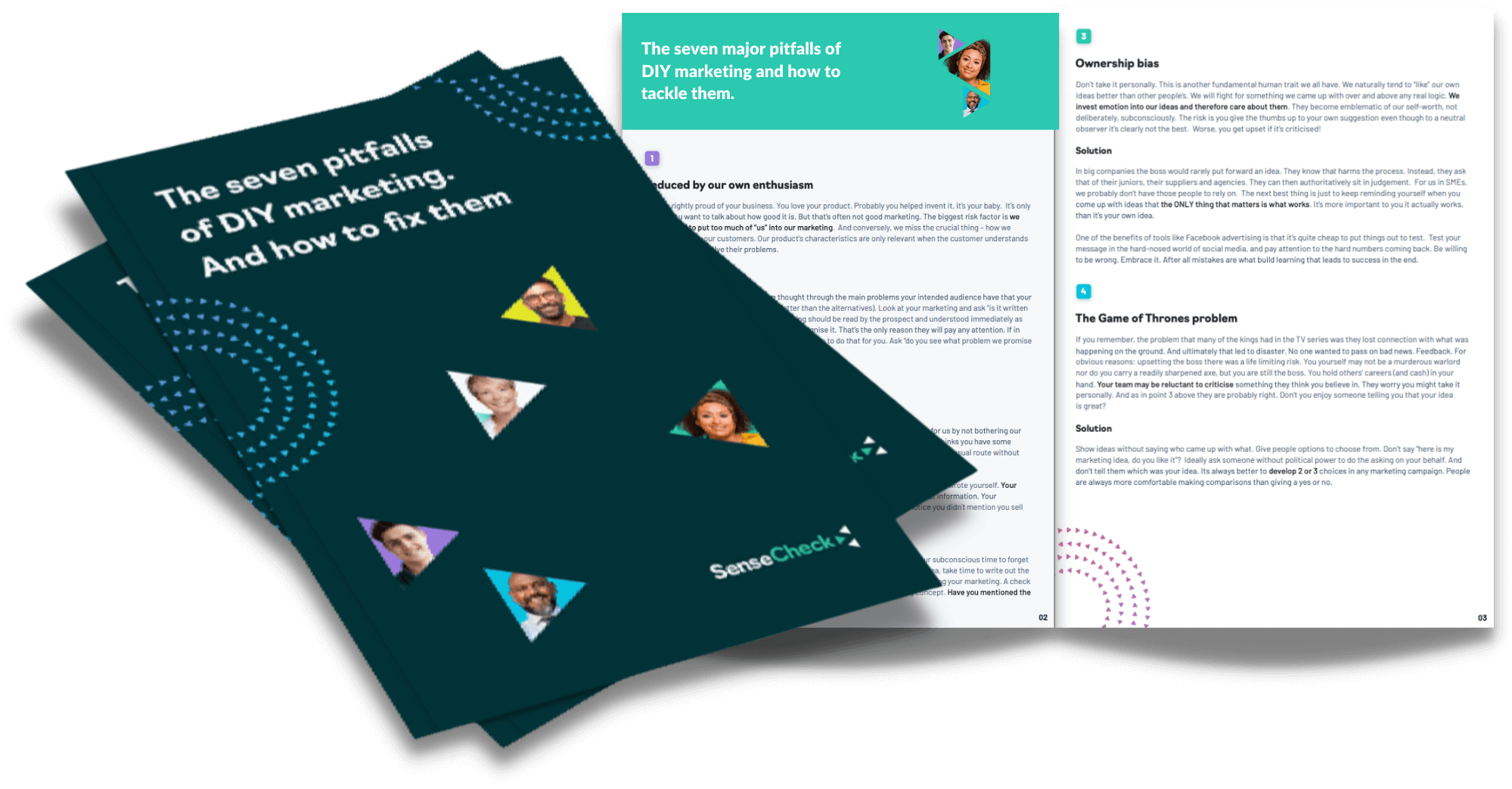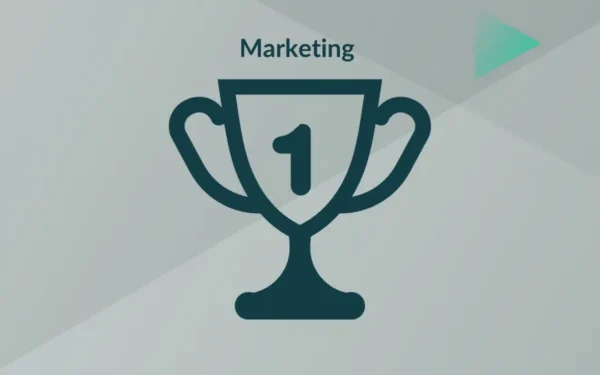Who do you turn to for feedback on your thinking, and whose advice do you trust the most?
According to this study, it’s likely you lean towards the opinions of those closest to you. Why is this a problem? And why is it particularly significant when applied to marketing?
What the study shows
The study began by outlining five sources of feedback regarding employees’ performance of a specific task at work, each source a little further distanced from the employee:
- One’s own feelings and ideas (‘self’)
- The task
- Co-workers
- Supervisor
- The company (formal organisation)
The researchers then took a sample group of 150 evening-class students in an American urban community college – most of whom had full-time jobs in a range of industries – and tested which sources they would rely on the most.
The results suggested that workers relied most on sources that were psychologically closer to them when receiving feedback, including their own perception of their performance.
In fact, the researchers found that one’s own opinions regarding one’s performance were consistently top of the list, suggesting that we rely on our own judgement above all others. They made suggestions for why this is. Perhaps because there is no or little delay in receiving this feedback – it’s ready whenever the employee chooses to receive it. Or because there’s no need to evaluate how trustworthy your source of feedback is, like how you would when receiving critique from coworkers or supervisors.

In the study, the trust people put in themselves and sources closest to them did vary depending on the source’s perceived characteristics – are they friendly, are they reliable, are they on top of things, etc. But overall, these sources were still consistently perceived as the most significant.
Why is this a problem for marketers?
So according to this study, we tend to rely most on our own perception of our work and on that of the people closest to us. But what does this mean for our output?
Relying solely on yourself will give you a very biassed view of what you’re doing, and your capacity to come up with new ideas will be limited to your one, single brain. One that is limited by its current knowledge and perceptions.
This will be improve a little if you ask your friends and colleagues (probably your second preference for feedback), but bias will still be there – your friends won’t want to upset you, your colleagues know your product and strategy inside out and will offer you an opinion that reflects this (in fact if they’re in your team they’re probably working on something similar to you!).
So, in a nutshell the advice you’re most attracted to is likely to be biassed and, because of this, probably unhelpful.
Quite a lot of work has been done on the concept of self-assessment and how reliable it truly is. This 2012 study found that 25% of the mental health clinicians sampled viewed their skillset to be at the 90th percentile when compared to their colleagues. None viewed themselves as below average. This study looked into peoples’ perceptions of their driving abilities. 60% of subjects rated themselves superior to other drivers in general.
The implications of this kind of bias are significant. Realistically, not every clinician can be in the top 10th percentile, and 60% of drivers cannot always be superior to every other driver. If we are not able to recognise our shortcomings, we leave ourselves open to failure (which in the context of healthcare and driving can be fatal).
In the context of your marketing work, not having a realistic view of what your team is doing and the work you are producing may not be fatal, but it will weaken your ideas, collateral and campaigns. Your conversions will suffer. Your market will disengage.
Ask an expert
So what’s the solution? How do you source outsider feedback that you can trust, to improve what your marketing team is working on?
Perhaps your first point of call could be to ask your customers – set up a poll or questionnaire, send it out over social media or email, and see what you get back. But the feedback you’ll receive will be limited by how willing your customers are to offer it. These initiatives may not return the quantity or quality of data you were looking for and they are time-consuming, or costly.
What you really need is an expert outsider who can give you an unbiased opinion on your work from the perspective of people who know your industry but don’t know your product. This is what we provide at SenseCheck – third-party opinions from your marketing peers, based on their knowledge of their craft.
We have set up a panel of advisors – or ‘SenseCheckers’ – consisting of marketing professionals from a range of industries and with a variety of specialisations. You send in your idea, marketing collateral, campaign, piece of content, etc, with as little or as much about your business as you would like to share, and our SenseCheckers look it over. They then come back to you with their feedback.
If you would like to find out more information, check out our page on how it works or simply sign up for a free trial.






